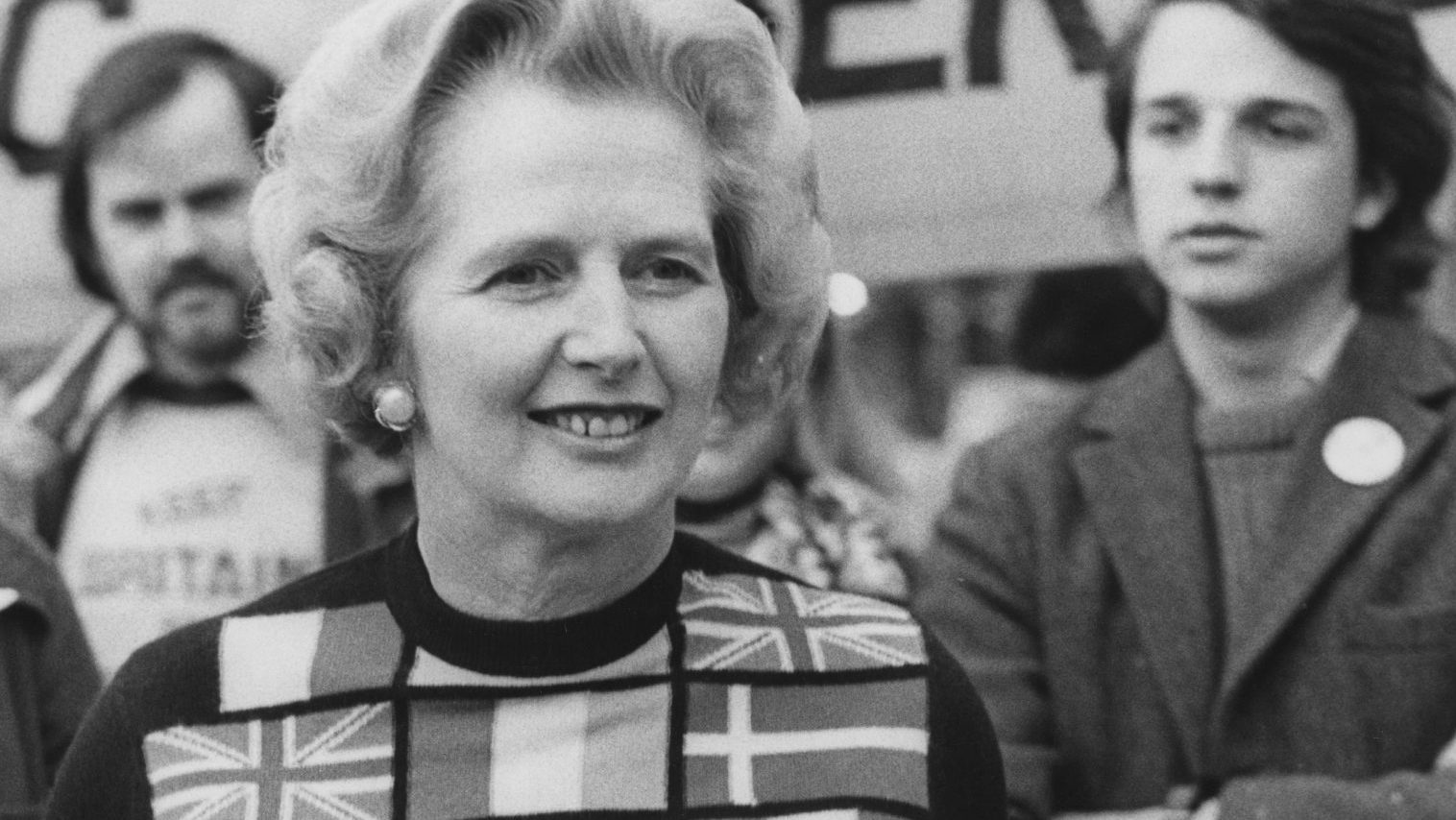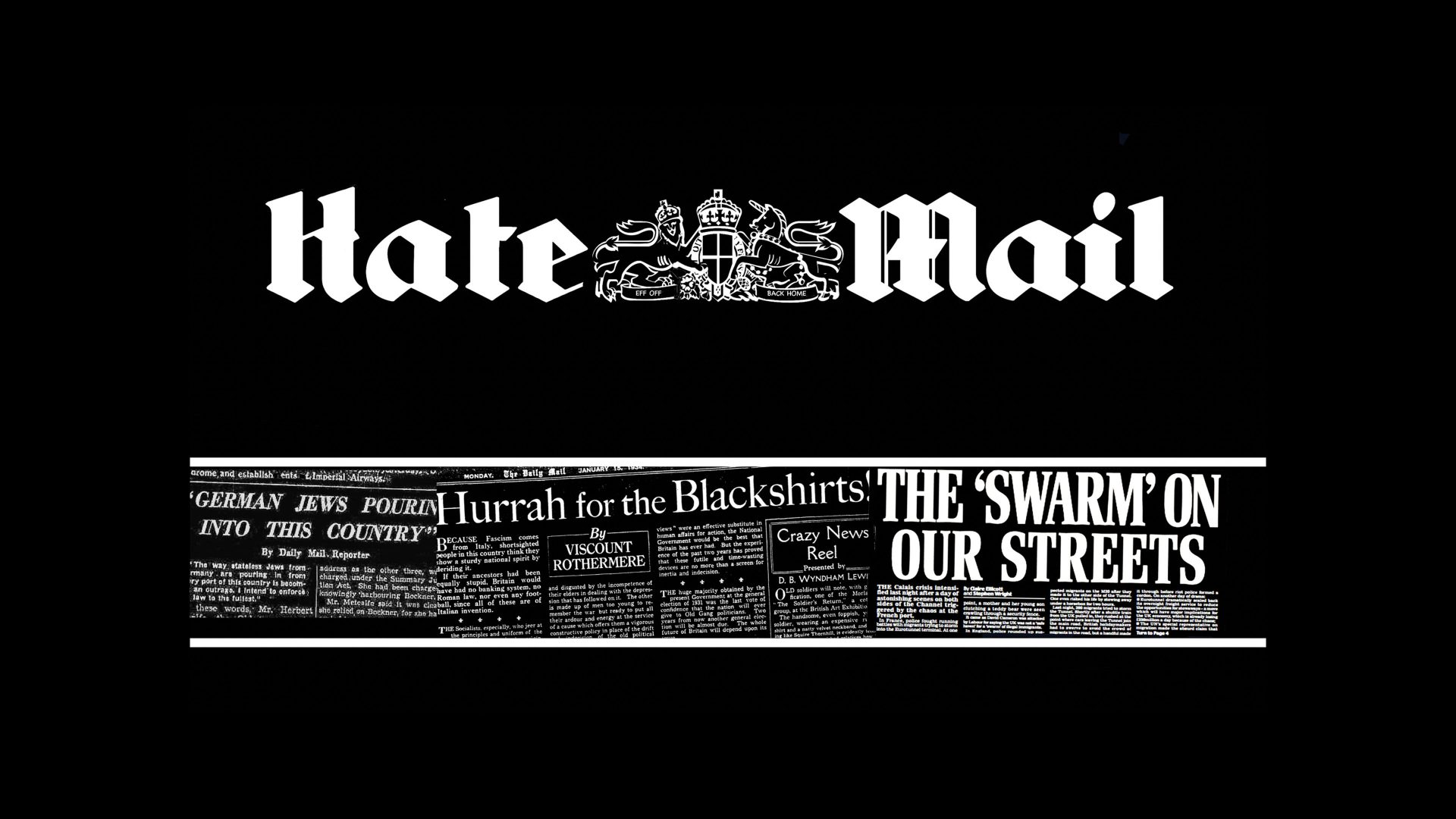The Conservative Party has been against the creation of the NHS and then it has been in favour of the NHS. It has been against nationalisation, for nationalisation, for privatisation and now it is against re-nationalisation. It has been in favour of higher defence spending, while cutting defence spending. In 1979 it was elected to reduce unemployment, then argued that high unemployment was necessary to destroy union power and defeat inflation.
It has also, as most of you know, been dead-set against ever joining the EU (the Common Market as was), then all in favour of joining the EU, all in favour of staying in the EU, dead-set against leaving the EU and then all in favour of leaving and never having anything to do with the EU ever again. It’s currently in favour of being nice to the EU when it suits, but only when Brexiteers are looking the other way.
The Tories are like a person who has no permanent friends, only permanent interests. That interest is to get into power and stay there. The electoral system and the ownership of the media by its supporters help it to achieve this aim without being in the least bit bothered by anything as tiresome as consistency.
Now let us magically go forward to January 29, 2025. The government has at last been forced to hold a general election and it has lost very badly. Many Tory strongholds have fallen, thanks in part to tactical voting for the Lib Dems and also because the hardest Brexiteers have opted for Reform.
But the Tory Party has never just given up the ghost. Its great and good convene at the stately home of one of its oldest members for a rethink. None of the Brexit ultras are invited, their ranks having been drastically thinned by scandal and electoral failure. Those sceptical Leavers present can admit, to themselves, that the project has failed – the voters have turned against it and the economy is flatlining as the Eurozone booms in a post-Ukrainian victory bonanza.
So, the Tory stately home conference has free rein to reach some surprising conclusions. After fiery debate, it decides the Brexit that served it well for nine years or so is now dead in the water. It will, as a result, seek to elect a moderate leader who is one of the few remaining pro-Europeans in the party.
It achieves this by the simple trick of persuading Mark François, Liz Truss and Boris Johnson to all stand for the leadership. The pro-Brexit vote splits and the “safe pair of hands” sails to a victory so complete that the wider party in the country is not consulted.
Then the “prawn cocktail offensive” begins. Big business is wined and dined and promised the earth. Next, the right-wing press is brought onside with a few quiet words to a few owners.
The agenda changes. A few columnists refuse to toe the new line and are quietly dropped, to rant online about betrayal. Most agree to change their minds, just as they have done so many times before.
Now their columns lament the lack of opportunity for their grandchildren to study at the Sorbonne, and the queues at Dover – “When will Labour act?” Later, even the papers themselves admit that Brexit has been mismanaged. “A noble experiment has failed,” is the leader column in the Sunday Telegraph, written by the new editor on her first day. The Daily Mail’s run-up to the 80th anniversary of VE Day starts with stirring tales of derring-do and ends with a front-page banner headline on May 8, “We saved Europe in 1945. We can do it again”.
None of this can alter the Tory Party’s policy on Brexit – until the party has been purged. The newly elected leader secretly launches research into its membership and is “shocked” to find that the party has been infiltrated by the hard right and ex-Ukippers. “The enemy within”, as the Daily Express calls them on every front page for a week. The subsequent purge is Stalinesque and the average age of Tory members falls by 20 years overnight.
That year’s Tory conference is a smaller affair than normal, with many older members too old or disgusted to attend. The party buses in bright young ambitious things from Oxbridge to fill the seats and lead the cheering.
Captured on TV, these new Tories break with tradition. Most delegates are still awake after lunch, to hear the business secretary apologise to industry for the border delays and costs of Brexit, which, he claims, Labour is making worse. The chancellor admits that a lack of business investment because of Brexit has meant lower growth and smaller tax receipts. The health secretary bemoans the absence of our “missing friends” from Europe who once staffed Britain’s hospital wards.
The newly elected leader’s keynote speech is a shock as she denounces the “impossible dreams of Brexit”. In a strangely familiar oratorical flourish, she tells the delegates: “I’ll tell you what happens with impossible promises. You start with far-fetched resolutions. They are then pickled into rigid dogma, a code, and you go through the years sticking to that, outdated, misplaced, irrelevant to the real needs, and you end with the grotesque chaos of a Tory government – a Tory government – hiring taxis to scuttle around the City of London handing out deportation notices to its own supporters.”
A disgusted Bill Cash is seen storming from the conference centre, but his rants go unheard as the party members stand for a thundering rendition of Ode to Joy.
Yes, I know, I know – the sad fantasies of a Remoaner. But the Conservative Party has never been held back by the shackles of dogma. If it finds that backing Brexit is the road to political oblivion, it will drop it like a hot potato.
The current leadership won’t do that yet, but their lies about everything from the shortage of tomatoes to the queues at Dover, asylum seekers, new trade deals and the state of the economy reek of desperation. Their attacks on wokeism and lefty lawyers are pathetic attempts to snatch victory from the jaws of defeat.
The reality is becoming all too clear; one day, sooner than you think, the Tories will come out in support of rejoining the EU. They will have to if they want to win future general elections.
And the one thing we all know about the Conservative Party is that it really, really likes to win general elections.




